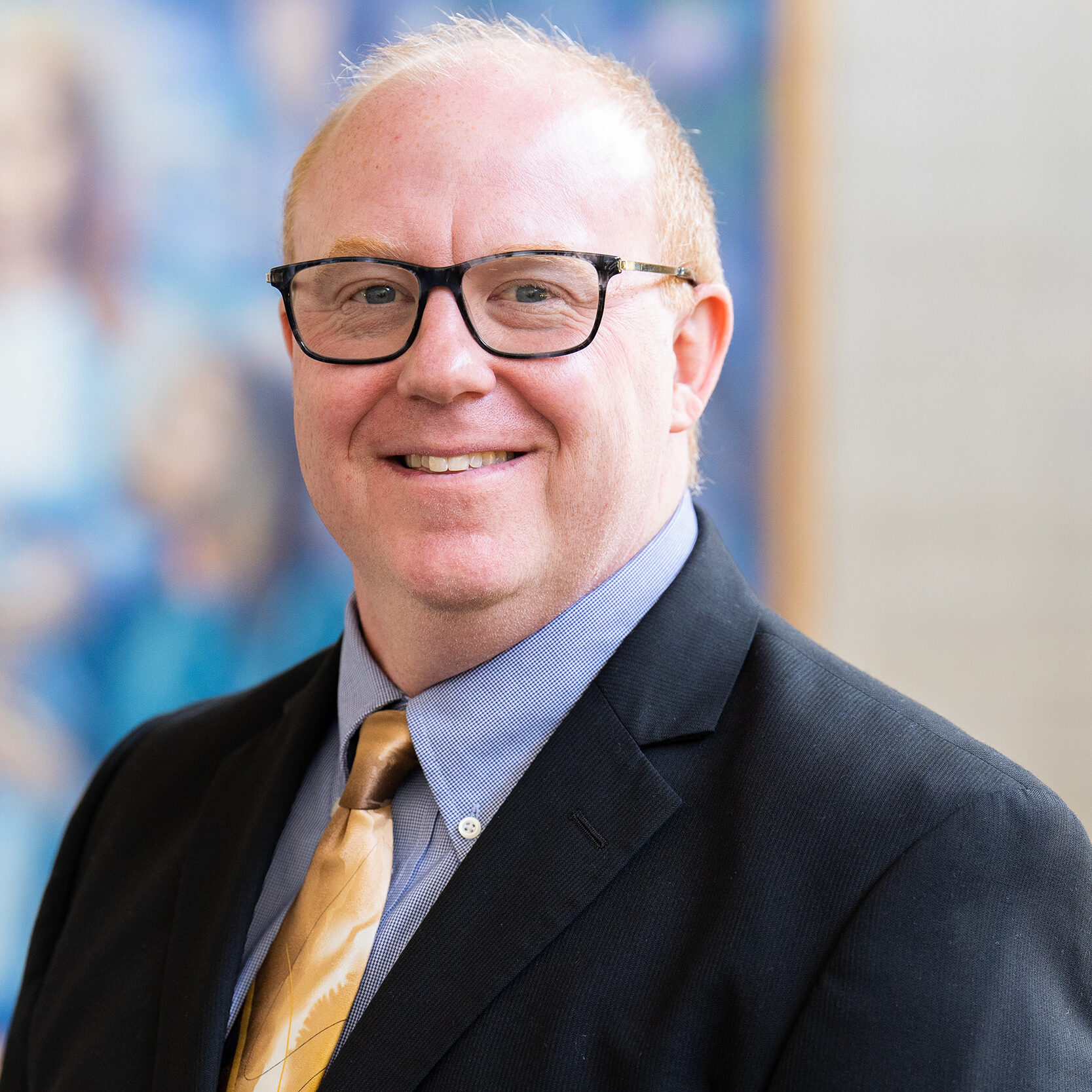Dr. Patrick McElwaine (Dr. Mac), Beck Institute Faculty
My life changed on June 23, 2005. This is when I attended my first 12-step meeting and started treatment for my addictions. I would struggle for years in the cycle of addiction where I experienced shame, regret, and self-deception. I wanted recovery so badly, but wanting it wasn’t enough. Addiction had me trapped, and my thinking was one of the most significant barriers I faced. Now I have over 16 years of continued recovery from drugs and alcohol with my sobriety date being February 12, 2009. What I discovered would completely change the way I understood my addiction and my recovery.
Changing my Thinking
One of the most important turning points for me occurred when my psychologist recommended that I read the book Addictive Thinking: Understanding Self-Deception by Abraham Twerski. That book felt like it was written directly to me. After reading it, I bought copies for all of my loved ones. I felt like the book understood me and would help others understand me. Twerski explained how addiction is fueled by distorted thoughts (cognitive errors) and how we convince ourselves of things like, “This time will be different,” or “I have been doing pretty good; one won’t hurt me.” For the first time, I could see the lies and inaccuracies I was telling myself and others very clearly.
A combination of the Addictive Thinking book and the use of Cognitive Behavior Therapy (CBT) by my psychologist introduced me to the teachings and practical tools developed by Dr. Aaron Beck, the founder of CBT. Instead of automatically believing, “I can’t get through this without a drink” or “I will never be able to work recovery,” I learned to slow down and ask myself, “What evidence do I have for that? What evidence do I have against it? What is a more realistic and helpful thought?” and “What could happen if I changed my thinking?” These questions did not make recovery easier for me, but they gave me a way forward. CBT taught me that thoughts are not facts, and that with practice, I could stop letting addictive thinking dictate my choices.

Combining CBT with 12-Step Support
At the same time, 12-step recovery gave me something equally important: a community and the reassurance that I didn’t have to walk this journey alone. The fellowship reminded me that recovery was possible and gave me hope. Hearing others share their own battles with self-deception reinforced the work I was doing in CBT, and the two approaches fit together in a powerful way. CBT provided me with knowledge, skills, and structure; the 12-step program gave me accountability, connection, and hope. For example, when I didn’t want to attend meetings and found myself overwhelmed with negative thoughts about 12-step programs, a helpful intervention was to go anyway and practice finding one positive aspect of the meeting. This simple practice helped me filter out the negativity and focus on healthier thoughts. Sometimes, the only positive I could find was that I stayed for the entire meeting, but even that mattered, because it meant I had a better chance of staying sober and clean that night. In time, combining CBT with 12-step support helped me move from a cycle of relapses into long-term recovery.
I don’t see my recovery as just not drinking and not using drugs. For me, it’s about freedom from the lies my addiction once told me, and the freedom to create a meaningful, purpose-driven life. At its core, recovery is about gratitude. Every single day, I have numerous reasons to be grateful: for the people who have walked alongside me, for the tools that have supported me, for my Higher Power, and for the incredible blessings in my life, especially my family.
How My Experience Helps Me as a Clinician
As a psychologist, I have the privilege of teaching CBT and working with individuals who are struggling as I once did. I never forget that I am not only a clinician but also someone who has sat in that chair and believed in the distorted thoughts and lies of addiction. That lived experience fuels my work and reminds me never to underestimate the power of helping someone restructure their negative thinking. Sometimes that’s all it takes to change a life.
Looking back, I see how everything came together with CBT (Beck and Twerski), 12-step fellowship, my family, and the support of countless others. Together, they gave me the chance to break free from relapse and build a life with purpose, love, and joy. Recovery gave me my family, my career, and even the simple pleasure of being an Eagles fan through the ups and downs (and remembering the games). Most importantly, it gave me the chance to live with honesty and integrity, rather than shame and self-deception. If there’s one message I hope people take away from my story, it’s that recovery is possible. The thoughts that say otherwise are just that: thoughts. They are distortions, not truths. And with the right tools, the right support, and a willingness to keep showing up, those thoughts can be restructured and changed. That’s how my life was saved.
Thank you for allowing me to share my personal story and the recommendations that have helped me, with the hope that they may also help others. With gratitude, Dr. Mac.